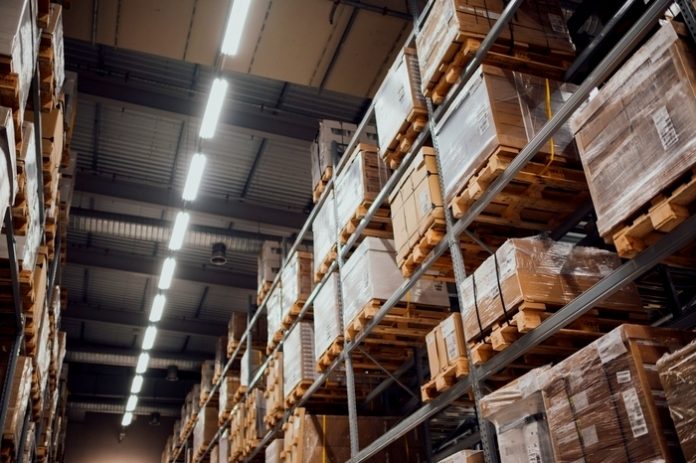BNP Paribas Real Estate initial H1 2022 data has revealed that the industrial & logistics leasing market has been met with a surge of activity from manufacturing occupiers as they seek to ‘reshore’ activity back to Britain following the impacts of Brexit and burgeoning micro and macro-economic challenges which have threatened the vitality of offshore activity.
Based upon data reviewing units of 100,000 sq ft and above, H1 2022 take-up from manufacturing occupiers has increased 53% versus H1 2021, and is the strongest H1 since 2017 following a post EU referendum uplift.
Supply of existing units stood at just under 15m sq ft at the end of Q2 2022, another record low, but the imminent completion of some speculative schemes is likely to push this higher in Q3. Newly built stock as a percentage of all supply stood at 33% at the end of Q2 2022, down from 49% at the same point last year. Supply of Grade A units has fallen by approximately 43% since the start of the year, with c. 5.1m sq ft of available speculative units due to complete by year-end.
Vanessa Hale, Head of Research and Insights at BNP Paribas Real Estate comments: “Reshoring is bringing ‘Made in Britain’ back to our products. There are a number of driving factors behind this including inflation, Brexit, the pandemic, the Ukraine war and the blockage of the Suez canal, which have massively impacted supply chains and overheads.
“As these occupiers fight harder for space, the activity will continue to put pressure on chronically short supply levels. Even so, acute supply-demand imbalances are likely to continue, especially as elevated construction costs start to weigh on future development pipelines. In turn, this will fuel further rental growth, albeit at more moderated levels.”
Elsewhere, Logistics providers remained the most active demand segment over H1, with take-up increasing 35% year on year. Take-up from retailers remained in line with H1 last year at 7.2m sq ft.
Turnover reached £2.2bn in Q2, halving relative to 2021’s record second quarter. This brought half-year volume to £6.8bn – down 15% year on year, but still double the long-term H1 average.



















